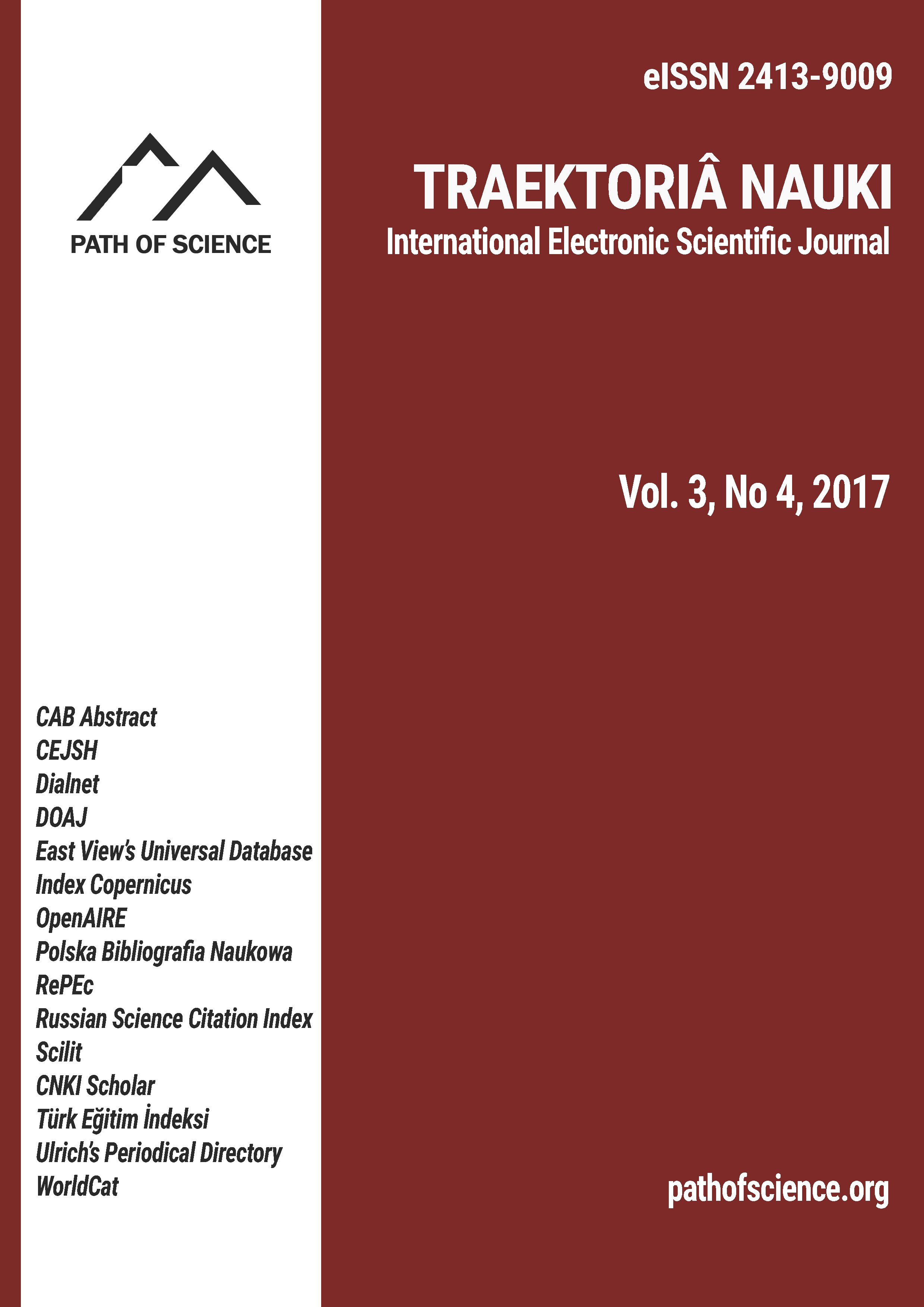Modern Approaches to Risk Management and Their Use in Customs
Modern Approaches to Risk Management and Their Use in Customs
Author(s): Vita Afanasieva, Leonid Ivanov, Dmytro YanushkevychSubject(s): Business Economy / Management
Published by: Altezoro, s. r. o. & Dialog
Keywords: customs code; risk management; risk-based thinking; customs risks; customs control; international standards; frameworks; process approach; system of quality management
Summary/Abstract: In the article the analysis of experience and best practices of Europe and the world regarding the methods and tools of risk management in customs affairs. In accordance with the requirements of the Kyoto Convention the risk management is the main basic principle of modern customs control methods, which allows optimal use of resources of customs bodies, without reducing the effectiveness of customs controls, and exempt the majority of foreign trade operators from unnecessary bureaucratic control. Procedures based on risk management, concentrate customs control on areas, where there is the greatest risk, allowing the bulk of goods and individuals relatively free to pass the checkpoint at the customs border Special attention is paid to the principles and methods of risk management and their impact on the simplification of customs procedures through the use of risk-based thinking. The paper discusses the problems concerning the application and implementation of modern risk management techniques in customs procedures subject to the requirements of international standards ISO for the quality management system and risk management based on risk-based thinking.
Journal: Traektoriâ Nauki
- Issue Year: 3/2017
- Issue No: 04
- Page Range: 1-14
- Page Count: 14
- Language: English

